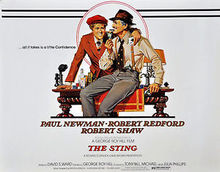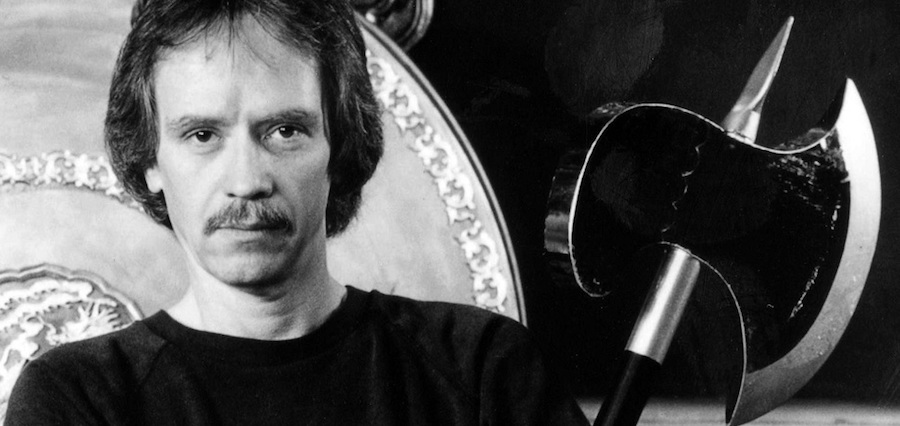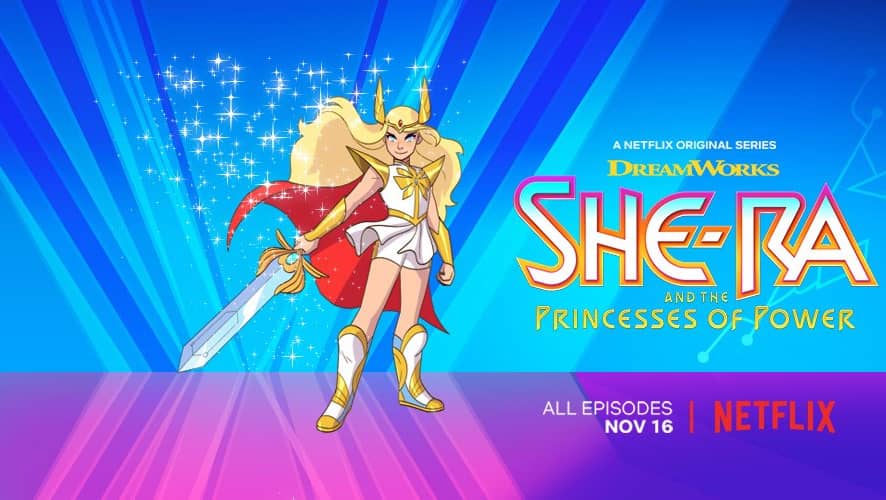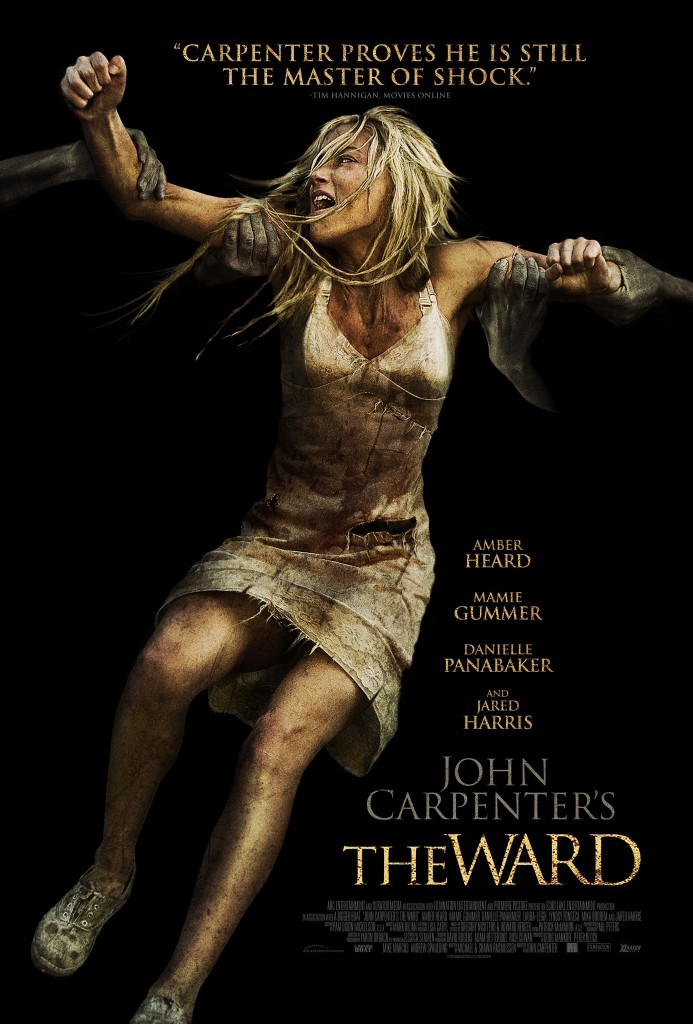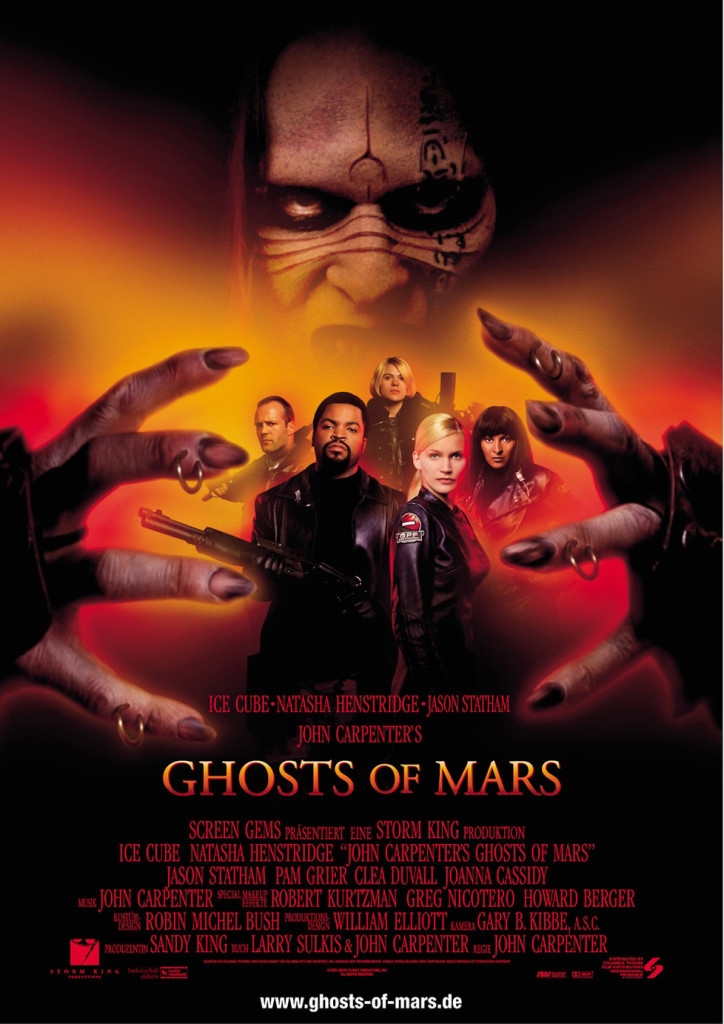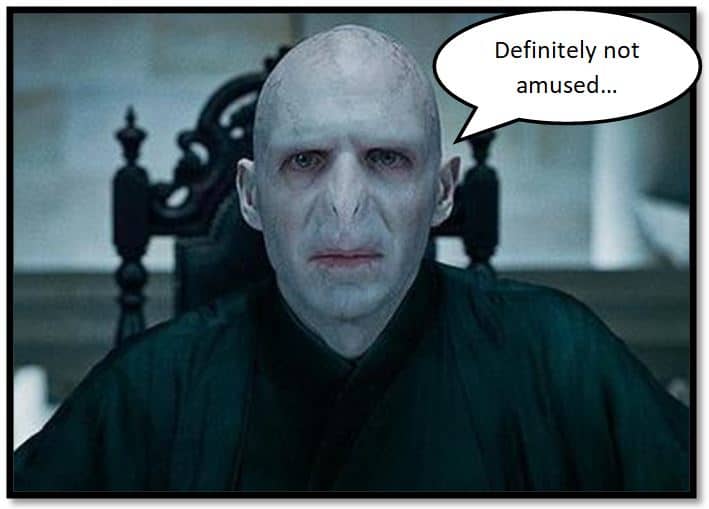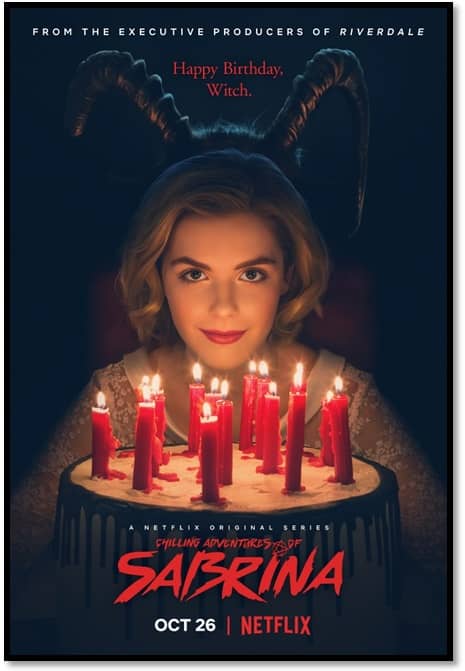Peplum Populist: The Adventures of Hercules (1985)
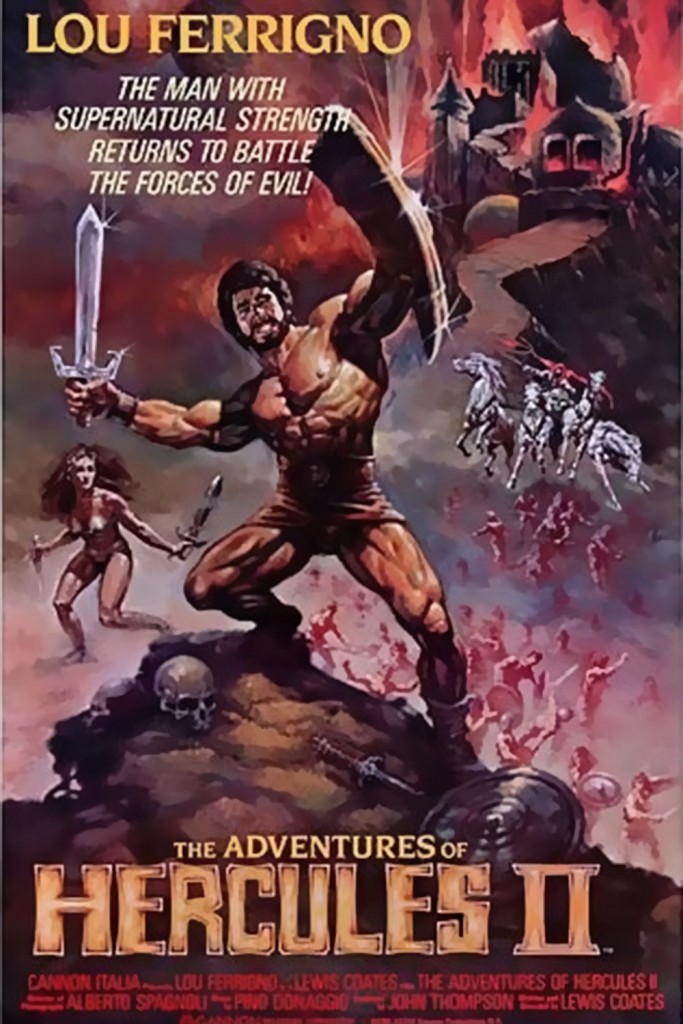 This is a bit more of coloring-out-the-lines for my sword-and-sandal reviews, since The Adventures of Hercules comes from the mid-‘80s, far beyond the classic era of the Italian peplum of 1957–1965. But it is an Italian genre film about Hercules starring a bodybuilder from the US, which is the most sword-and-sandal situation imaginable. Plus, I’ve owed Black Gate a look at this film ever since 2009 when I reviewed the first of this pair of unbelievably goofy Lou Ferrigno Hercules flicks from director Luigi Cozzi. The guy who made that psychedelic version of the original Godzilla — which explains a lot about these Hercules movies.
This is a bit more of coloring-out-the-lines for my sword-and-sandal reviews, since The Adventures of Hercules comes from the mid-‘80s, far beyond the classic era of the Italian peplum of 1957–1965. But it is an Italian genre film about Hercules starring a bodybuilder from the US, which is the most sword-and-sandal situation imaginable. Plus, I’ve owed Black Gate a look at this film ever since 2009 when I reviewed the first of this pair of unbelievably goofy Lou Ferrigno Hercules flicks from director Luigi Cozzi. The guy who made that psychedelic version of the original Godzilla — which explains a lot about these Hercules movies.
The short version of the first part of my oration, In Facinorem Herculis: To cash-in on the success of Conan the Barbarian, Cannon Films contracted Italian filmmaker Luigi Cozzi to direct a new Hercules film starring bodybuilder Lou Ferrigno, who was at the height of his popularity after The Incredible Hulk television show. But instead of doing a standard Conan imitation — which the Italian film industry was already churning out — or trying to harken back to the classic Italian sword-and-sandal movies, Cozzi and Co. slapped Star Wars SF gimmickry over everything. According to Cozzi, it was his idea to pitch a Hercules film closer to the recent Superman films after the producers rejected a “sexy” script from director Bruno Mattei. Cozzi crammed the movie with laser blasts, lunar-based Olympians, giant robots, space travel via chariot, and plenty of beeping-and-booping synth noises. Although Cozzi had experience with riffing on Star Wars thanks to his 1979 movie Starcrash, it wasn’t any help overcoming a pinched budget, copious terrible performances, and the general misguided tone of “Who is this for?”
While Hercules ‘83 got a US theatrical release, it wasn’t a hot property in North America except as an object of jeers. But it made enough money internationally to justify Cannon moving ahead with a planned sequel, although with a trimmed budget. The Adventures of Hercules (Le avventure dell’incredibile Ercole, with a Roman numeral “II” added to some video releases) went straight to video and cable in the US and isn’t as well-known as its predecessor.
